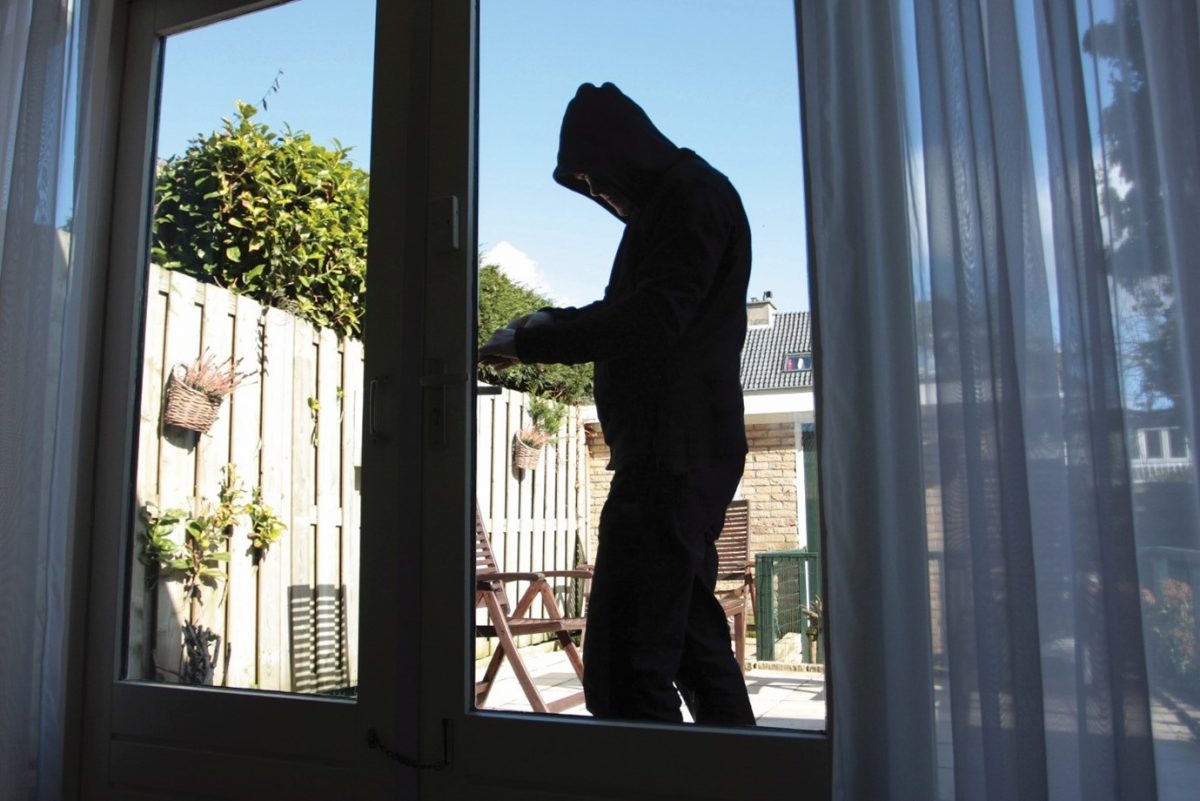When selecting security glass, quality and thickness are two key factors to consider. Proper thickness and high manufacturing standards ensure security glass can withstand attacks, forced entry, bullets, extreme weather, and more. This blog reviews critical quality considerations in security glass thickness selection.
An Introduction to Security Glass
Security glass refers to glass formulated to be stronger, durable, and resistant than a normal glass. It’s designed to protect and withstand damage from deliberate attacks, severe weather, and accidental impact.
There are various types of security glass, including:
- Laminated glass – Glass bonded with one or more vinyl layers to hold fragments together when shattered.
- Tempered glass – Glass heated and cooled rapidly to increase tensile strength. When broken, it shatters into small, rounded fragments.
- Bullet-resistant glass – Very thick and strong glass made with acrylic, polycarbonate or layers of laminated glass. Stops bullets and withstands intense pressure.
Quality Considerations for Security Glass
When selecting security glass for a building or facility, assessing glass quality should be a top priority. Poor quality glass compromises safety and security even if thickness benchmarks are met. Consider these quality indicators:
Manufacturing Standards
Products that are certified to meet BIS and NABL benchmarks provide assurance of consistent, high-quality production. The certification reflects a commitment to rigorous third-party testing and meeting the highest domestic standards. For safety-critical applications, certified glass gives peace of mind that the product will perform reliably.
When lives depend on the integrity of security glass, it pays to look for manufacturers dedicated to India’s testing and certification process. The standards may be voluntary, but compliance focuses on quality and safety above all else.
Composition
Security glass composition varies. Tempered glass formulation requires precise heating and cooling to strengthen it properly. Similarly, the adhesives and vinyl used in laminated glass must have excellent optical clarity, UV tolerance, adhesion properties and the ability to retain shards when shattered. Rigorously vet composition materials to meet security needs.
Reputable Brands
Before bringing products to market, leading security glass brands subject products to numerous durability, forced entry, ballistics, and environmental performance tests. They often back products with robust warranties as well. Opt for products from brands known for quality.
Film Compatibility
Many facilities enhance security glass with security window films. Ensure glass works properly with various film coatings regarding adhesion, optical clarity, shrinkage factors and penetration resistance.
Why Thickness Matters
Beyond addressing quality considerations, security glass thickness helps determine protection capabilities. Thicker glass better resists damage.
Consider these factors regarding security glass thickness:
a. Forced Entry Protection
The thickness directly impacts a window’s burglar resistance class rating. Meet local forced entry requirements with proper thickness.
b. Bullet Resistance
The bullet-proof glass must have precisely calculated thickness levels to stop specific ammunition. Carefully select glass based on ballistic threats, verified through testing.
c. Blast Resistance
Facilities needing to withstand explosive blasts require security glass engineered and tested to perform against defined overpressures. Blast-resistant thickness ratings generally start around 5 inches to one inch for basic protection and up to over four inches for extreme blast resistance.
Conclusions
Quality and proper thickness are imperative when selecting security glass. Rigorously vet manufacturing standards, materials, brand reputation and weather resistance qualities before purchase. Additionally, base thickness on forced entry hazards, ballistic threats, weather conditions and blast dangers unique to the facility.
With appropriate quality controls and thickness, security glass protects people and property from deliberate and environmental threats. Consult with AIS Glass for qualified security glass experts to determine the right solutions to meet safety goals and requirements.

